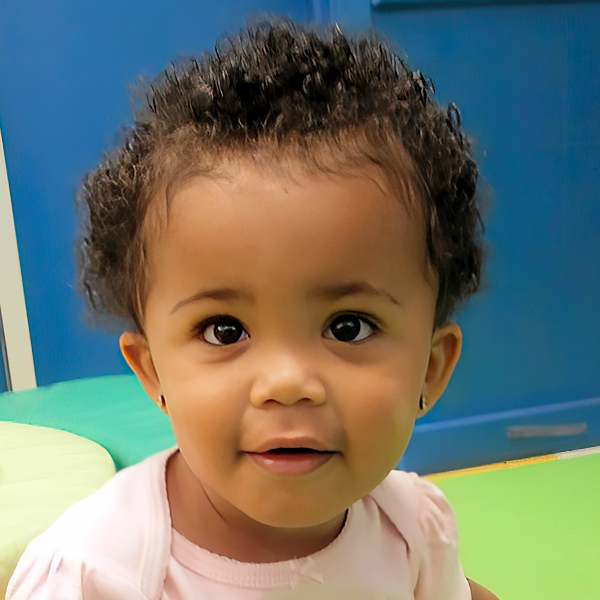Childhood is a crucial period in a person’s life, shaping their future and laying the foundation for their academic success. One factor that significantly influences a child’s development and academic performance is the quality of their child care experiences. Extensive research has been conducted on the impact of child care on academic performance, providing valuable insights for parents, educators, and policymakers.
Numerous studies have shown a positive correlation between high-quality child care and academic achievement. A study published in the Journal of Educational Psychology found that children who attended high-quality child care centers performed better academically compared to those who did not have access to such facilities. The research emphasized the importance of stimulating environments, qualified and caring teachers, and engaging activities in promoting cognitive development and school readiness.
Furthermore, a comprehensive analysis conducted by the National Institute of Child Health and Human Development (NICHD) revealed that the quality of child care in early childhood significantly influenced children’s cognitive and language abilities. Children who received high-quality care exhibited enhanced problem-solving skills, language development, and social-emotional competence. These skills prove to be invaluable in the academic setting, helping children to excel in their studies.
In addition to academic achievements, research has also explored the long-term effects of early childhood care on educational outcomes. A study published in Developmental Psychology found that children who had access to high-quality child care during their early years had higher graduation rates and were more likely to pursue higher education. This demonstrates the lasting impact of quality child care on a child’s academic trajectory.
Conversely, inadequate or low-quality child care has been associated with negative consequences for academic performance. Lack of stimulation, limited educational opportunities, and inadequate supervision can hinder a child’s cognitive development and readiness for school. Research has highlighted the importance of ensuring that child care programs meet certain quality standards to provide the best possible outcomes for children.
It is important to note that the impact of child care on academic performance is not solely determined by the child care setting itself. Factors such as parental involvement, socioeconomic status, and the child’s individual characteristics also play significant roles. However, high-quality child care can mitigate the influence of adverse factors, providing children with a strong foundation for future academic success.
In conclusion, research consistently supports the positive impact of high-quality child care on academic performance. Early childhood experiences shape a child’s cognitive abilities, problem-solving skills, and readiness for school. Therefore, it is crucial for parents, educators, and policymakers to prioritize access to affordable, high-quality child care. By investing in quality early childhood education and care, we can set children on a trajectory for lifelong learning and academic achievement.
Child Care and Academic Success: How Early Learning Sets the Foundation
Every parent wants the best for their child, and providing them with a strong academic foundation is one of the most important things you can do. But did you know that early learning experiences, such as quality child care, can greatly impact a child’s academic success? In this article, we will explore the connection between child care and academic success, and how early learning sets the foundation for a lifetime of achievement.
Research has consistently shown that high-quality child care programs can have a significant positive effect on a child’s cognitive, social, and emotional development. Babies and young children have brains that are rapidly developing, and their experiences during these formative years play a crucial role in shaping their learning abilities later in life.
One of the key ways in which child care contributes to academic success is by fostering a love for learning. Quality child care programs provide a stimulating environment that encourages curiosity, exploration, and a thirst for knowledge. Children are exposed to a variety of age- appropriate activities, such as reading, arts and crafts, and interactive play, that not only enhance their cognitive skills but also ignite a passion for learning.
Furthermore, child care programs often have structured learning curricula that are designed to promote school readiness. Young children are exposed to early literacy and numeracy skills, as well as problem-solving and critical thinking activities. These early learning experiences lay the foundation for future academic success by equipping children with the necessary skills and knowledge to thrive in a school setting.
Another important aspect of child care is the socialization opportunities it provides. Children learn how to interact with their peers, develop important social skills such as sharing and taking turns, and build relationships with adults who are trained in fostering positive social development. These social skills are not only essential for a child’s overall well-being but also contribute to their success in a classroom setting where they will be required to collaborate and work with others.
It is important to note that not all child care programs are created equal. Quality is key when it comes to ensuring that your child receives the best possible early learning experience. Look for child care providers that have qualified and experienced staff, age-appropriate curricula, and a safe and stimulating environment. It is also beneficial to choose a program that encourages parental involvement and provides regular communication about your child’s progress.
To learn more about Handprints Academy and our childcare services, visit https://www.handprintschildcare.com. Our website provides detailed information about our programs, facilities, and enrollment process. You can also schedule a tour and speak with our knowledgeable staff members.








